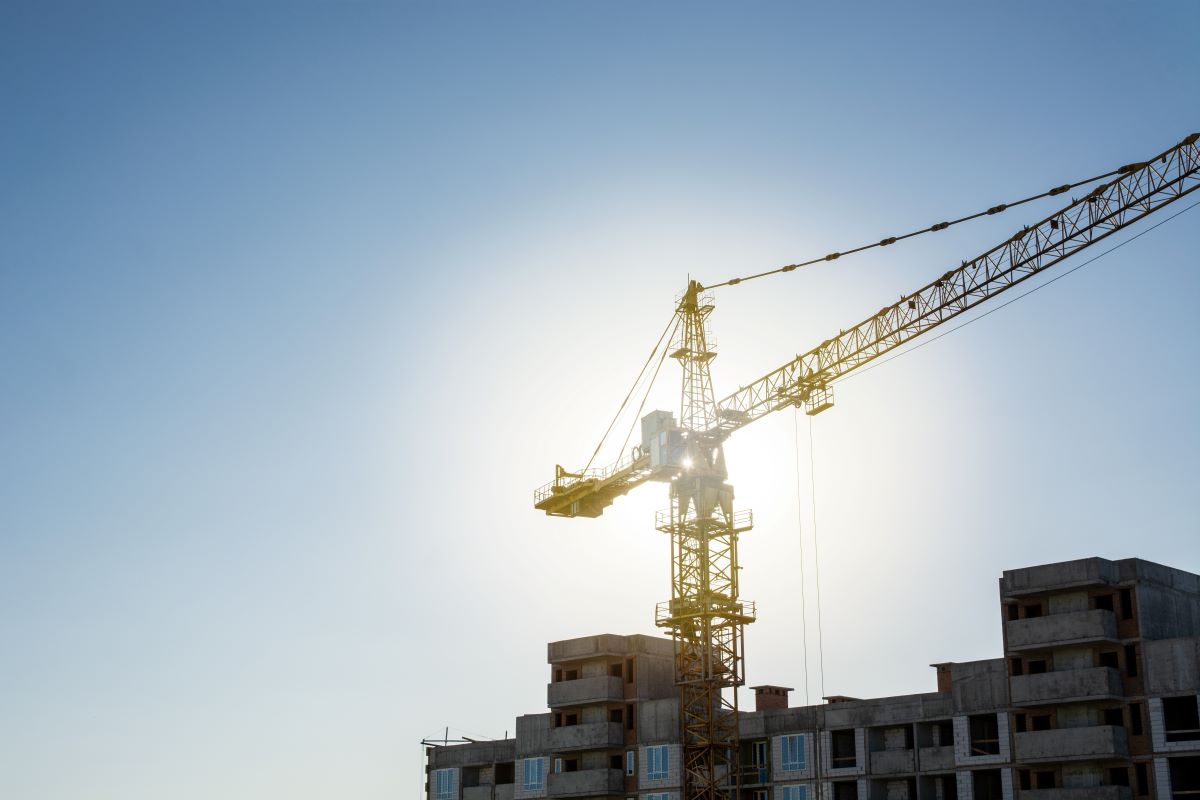The real estate crisis in China has rocked the economy, which was heavily dependent on infrastructure for growth. China property developers have been struggling with bond defaults due to a tight liquidity environment, and they have another $292 bn of debt due in 2023.
During the first quarter of 2023, China homebuilders will be facing $72.3 bn of maturities for onshore and offshore debt. For all of 2023, the maturities total $238 bn, significantly lower compared to 2021’s $381 bn.
China’s property sector contributes between 15-30% to the country’s GDP, and the deleveraging campaign by Beijing has left developers in a fix and without any money to complete existing constructions. The recent 16-point rescue plan for the real estate sector has marked the end of government scrutiny, but how far can China property developers go in 2023 now that several restrictions have been eased?
Current woes of China property developers
The MSCI China Real Estate Index, which includes some of the key large and mid-cap property firms in the country, has declined 25.55% this year as of November 30. The importance of the sector for investors in China is somewhat reflected in the performance of the MSCI China Index, which has fallen 25.67% during the same period.
The latest data published by China’s National Bureau of Statistics show that home prices in major Chinese cities continued to decline for the fourth consecutive month in November 2022. Across the 70 medium and large Chinese cities, prices of new homes fell an average of 0.2%, while the number of cities reporting a monthly drop (down 0.4%) in prices of existing homes remained the same as in October at 62.
In the 11 months through November, the total value of transactions involving new homes has declined by 26.6% YOY to 11.86 tn yuan ($1.7 tn).
Matthews Asia’s investment strategist Andy Rothman expects a gradual, steady recovery in new home sales in the second half of 2023, calling President Xi Jinping’s recent announcements for the real estate sector “a pragmatic course correction”.
“We expect property-related activity growth to improve in coming quarters on more favourable base effects and incremental housing easing measures. However, the pace could be gradual and bumpy, as protracted Covid restrictions may continue to bite in coming months before the actual reopening,” Goldman Sachs said in a note.
The crisis in the real estate sector is weighing on local governments as well, which have seen a decline in land sales revenue by 24.4% during the 11 months till November 2022. Government land sales are significant for new companies and public welfare and housing projects, which are the largest source of non-tax revenue for local governments.
The statistics bureau data also showed that property investment in China fell 19.9% YOY in November, the fastest pace since the bureau started compiling data in 2000 and declining for a ninth straight month.
Financing for China’s property sector
The biggest problem for China property developers currently is liquidity, and while defaults have slowed down as firms refinance and restructure existing debt, the problem of cash is still acute. National Bureau of Statistics data shows that nearly 70% of developers’ cash comes from debt and equity financing, both of which were squeezed until November this year.
“The study of 93 onshore-listed Chinese developers’ quarterly results shows that the 50 state-owned enterprises still largely outperformed the 28 privately owned enterprises and the 15 debt defaulters in revenue growth and liquidity, while POEs saw slight improvements from regulators’ push and supportive policies,” Fitch Ratings said in a report published earlier this month.
As per a Bloomberg tracker for China debt, the stress has abated on the country’s $750 bn offshore dollar bond market. Following the support measures by Beijing, and Covid reopening optimism, China’s offshore dollar bonds gave returns of 6.5% in November, ending 14 months of losses.
Meanwhile, China junk dollar bonds, primarily involving debt raised by property developers, have given nearly 30% returns in the past month.
“We expect most of the surviving developers should be able to access the onshore bond market in the coming months. The access to onshore construction loans and the onshore bond market should substantially alleviate developers’ liquidity pressures,” writes Carol Liao, China Economist, Pimco.
But will developers’ improving access to cash help the sector as a whole? Fitch Ratings does not believe so. “We expect no material improvement in the operating environment, as homebuyers’ confidence remains fragile amid weak economic prospects and uncertainty surrounding delivery of pre-sold properties,” Fitch said in a report, adding that it expects a 0%-5% YOY decline in annual contracted home sales in 2023.
While the rising bond yields offer a better picture for investors, the underlying issues in the sector are still around. “The faster-than-expected pace of implementation of these measures has triggered a strong rebound in real estate bond prices, including distressed and defaulted real estate bonds. Nevertheless, uncertainty remains over the effectiveness of these measures in driving a sustained recovery, especially in property sales,” writes Daniel Tam, Credit Research Analysts – Greater China, Credit Suisse.


 Australia
Australia China
China India
India Indonesia
Indonesia Japan
Japan Malaysia
Malaysia Philippines
Philippines Singapore
Singapore South Korea
South Korea Taiwan
Taiwan Thailand
Thailand Vietnam
Vietnam







